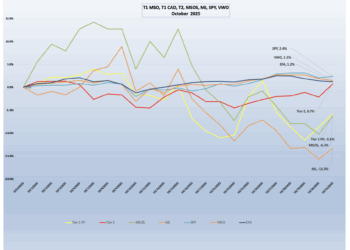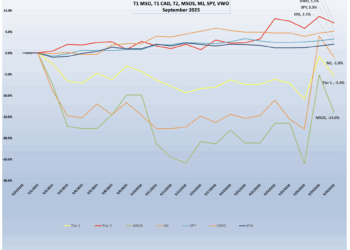Glass House Brands (GLASF) is cautiously expanding into federally legal hemp markets outside of California where the publicly traded company has already established a legal cannabis cultivation business.
The move from one of California’s largest cultivators comes as its home state’s governor banned hemp-derived cannabinoids in response to stalled efforts to regulate hemp in the legislature.
Glass House Brands announced it was currently growing hemp for research and development purposes, according to the company’s fourth quarter 2024 presentation, which was released March 25. That same report lists a 675,000-square-foot cultivation area for hemp, with an expected yield of 265,000 pounds in its first year of growth.
The company plans to sell the hemp products outside of California but did not specify a targeted market, since many states are currently in the process of creating new regulations for HDC products.
“In our market evaluation, we believe that the demand for hemp-derived cannabis nationally is massive and that we could sell everything we grow as the initial response from the hemp distribution channels has been very positive,” said CEO and Chairman Kyle Kazan during the company’s fourth quarter 2025 earnings call on March 25. “Pending developments with the Farm Bill and a regulatory change at the state level, we are confident that opportunities to sell outside of California exist right now.”
Glass House Brands President Graham Farrar noted that he expected state changes in hemp regulation would be more likely to impact their business, given that there has been little change in how the federal government views hemp since the hemp-derived intoxicants were made legal by the 2018 Farm Act.
“It doesn’t appear to be that accidental. And so, we don’t anticipate broad changes on the federal level at this point. We’re definitely watching individual states. Texas is the bellwether,” he said during the call.
Glass House Brands is not the first publicly traded cannabis company to slide into the legal HDC market.
Green Thumb, Curaleaf also see opportunities in HDCs
Green Thumb Industries (GTBIF) has also dipped into the hemp market with a line of edibles that the company is able to sell outside of states with legal adult-use cannabis.
“People want the product. It’s safe, they’re demanding alternatives and market forces are coming true,” said CEO and Chair Ben Kovler during Green Thumbs’ fourth quarter 2025 earnings call on Feb. 26.
“Not only do we sell these products at dispensaries around the country, but we sell the same product made from hemp on the Incredibles website and by local delivery in 23 markets across the United States through DoorDash,” he added. “E-commerce and home delivery are changing the game by offering new convenient ways for customers to access product and allowing our brands to reach new markets and consumers.”
Curaleaf (CURLF) became an early supporter of hemp among MSOs when it repurposed its facility in Kentucky in early 2024 to support its entrance into the hemp market, according to the company’s year-end 40-F filing. Curaleaf launched a line of hemp products with the intent of producing them in Kentucky and shipping them directly to consumers.
“Hemp’s legal status has made cannabis more accessible and affordable, operating free from heavy burdens of regulations and taxation experienced in the regulated market,” said Executive Chair Boris Jordan during Curaleaf’s fourth quarter 2025 earnings call on March 3.
Recently, Curaleaf began selling its Select brand of hemp drinks across the country though a major alcohol retail chain.
“While the hemp category is still in its infancy, the momentum is undeniable,” Jordan said during the call. “The robust demand signals from both customers and distributor partners reinforce our confidence in its long-term potential. We are actively expanding our distribution network with carefully selected partners and will announce new collaborations as they unfold.”
Much like Glass House Brands, Jordan noted there is some risk involved in getting into hemp, considering the fluctuating nature of regulation on the state level.
“Our view is that there’s still some risk in the hemp-derived market given that the Farm Bill was only extended by one year. And so we know that there will be debate around the Farm Bill later this year,” he said. “We anticipate that they will try to finalize a new Farm Bill which will be a five-year law. It’s reviewed every five years. And so we are taking a cautiously optimistic view right now.”












